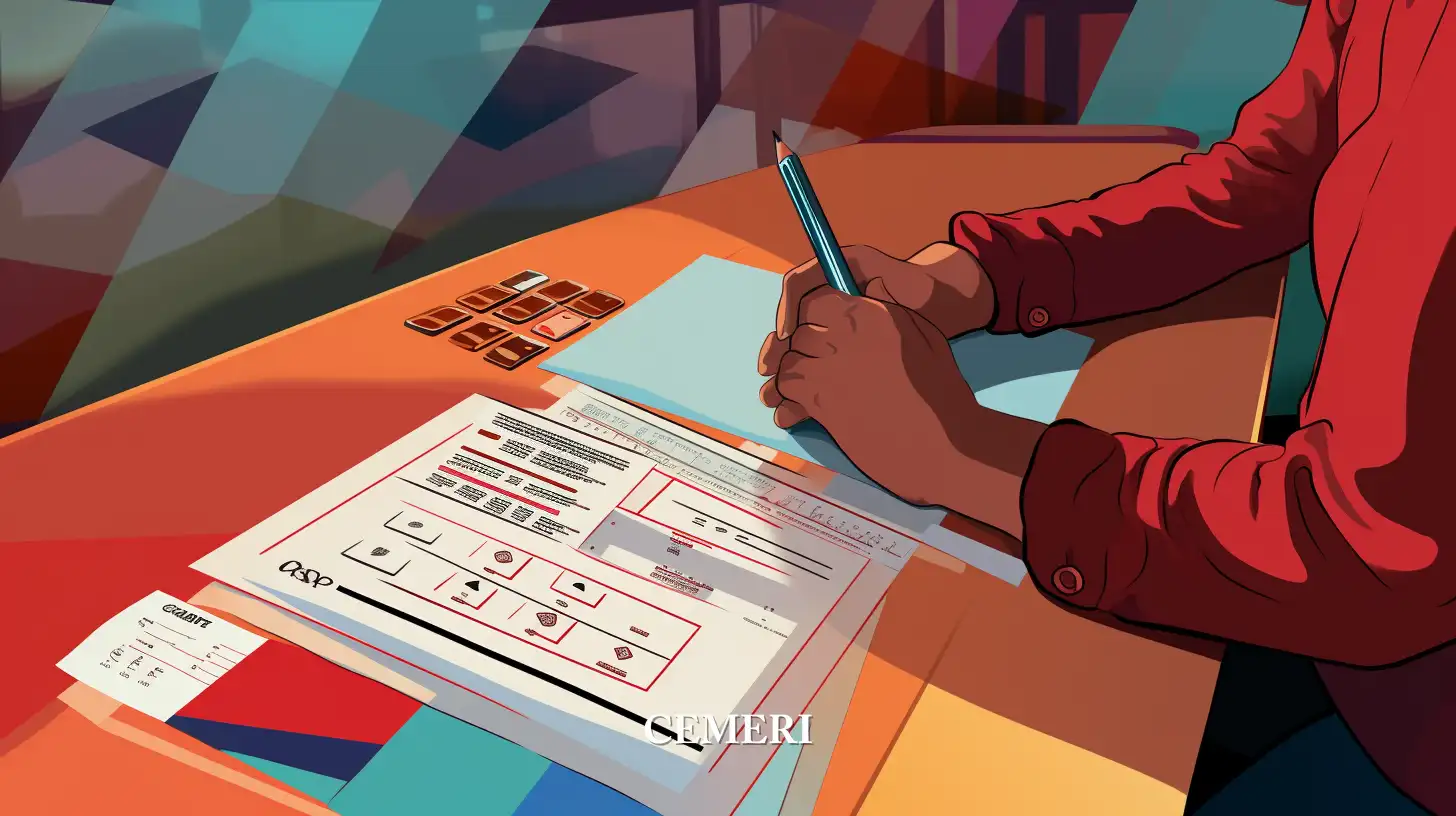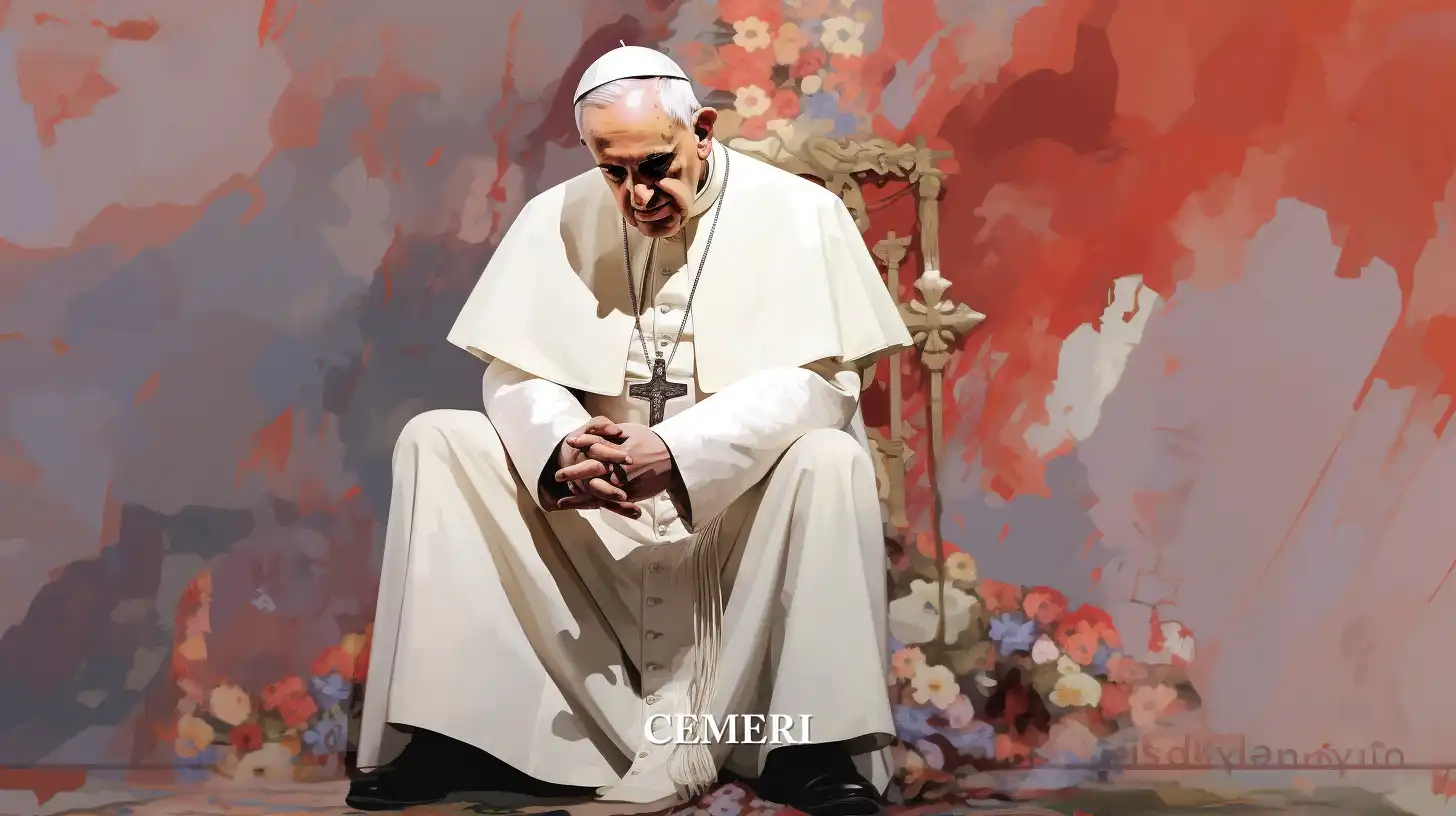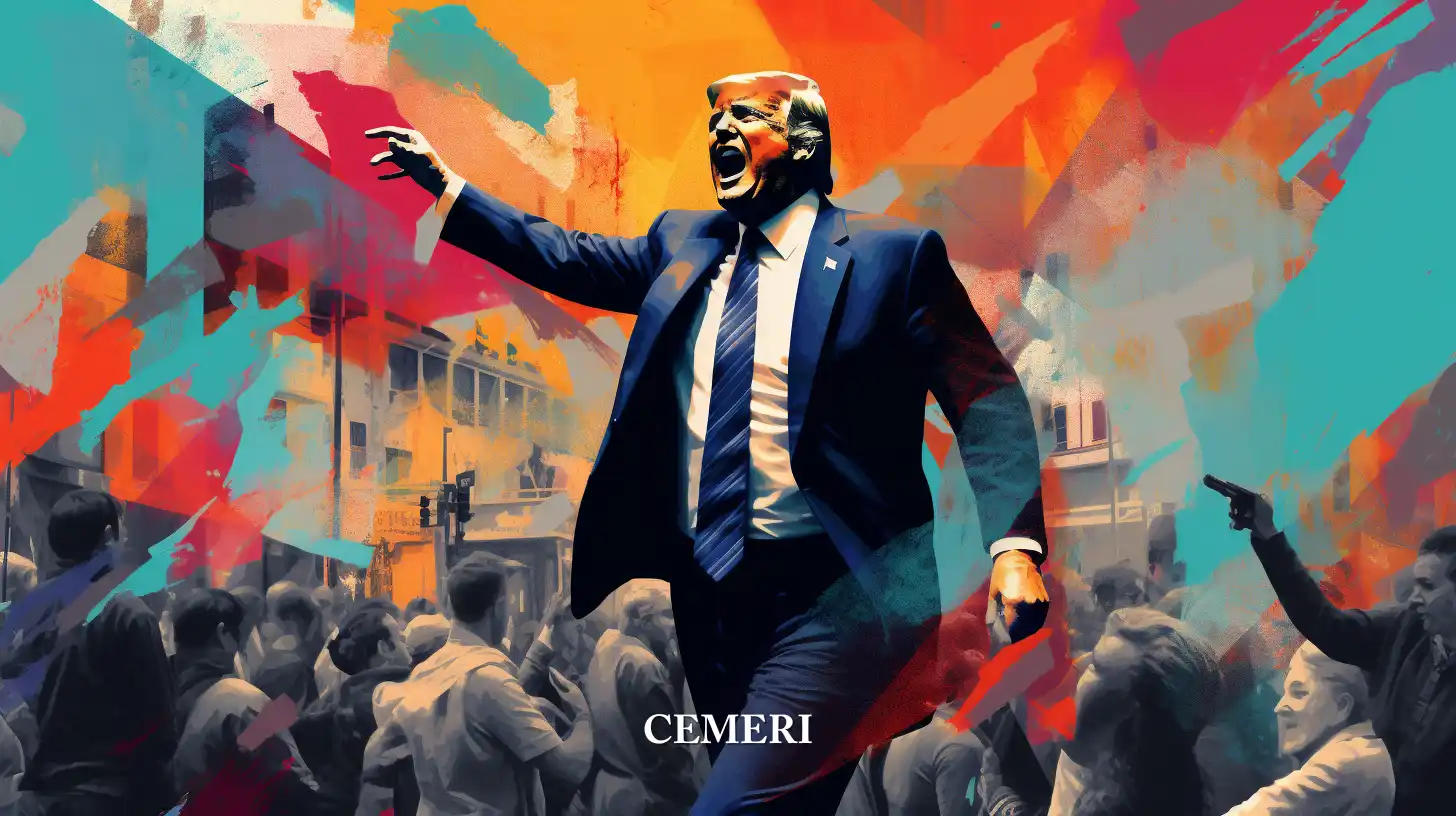Opinion
Luis González
2021, a new electoral cycle in Latin America: it is time to prevent elections from being for sale
- When does vote buying take place, why and what are its consequences? I will answer these questions below.

In the midst of the economic and social crisis caused by the SARS-CoV 2 virus, crucial electoral processes will be held in Latin America in 2021. In Chile, Ecuador, Peru, Honduras and Nicaragua the Executive Power is renewed and in some of these countries also the Legislative Power. In Argentina and Mexico part of the Federal Legislative Power will be renewed. In addition, in Chile there will be an election for a Constituent Assembly as a result of the 2020 plebiscite.
For some analysts, the fate of the elections could be defined not only at the polls but also in the streets. Argument nothing alien to reality: the protests in Chile gave rise to the constitutional plebiscite and in Ecuador they achieved the repeal of the decree that generated the rise in fuels. Although protest is a resource with the potential to change the destiny of a country, it is imperative to ensure that the next elections are free, fair and competitive, considering the serious situation and the consequences of a post-electoral institutional crisis.
In Honduras and Nicaragua there is a risk of electoral fraud due to the intervention of the administrations of Juan Orlando Hernández and Daniel Ortega, respectively. Peru faces the challenge of recovering stability after last year's political crisis marked by corruption scandals. In addition, in all countries that hold elections, parties and candidates resort to different strategies to persuade, manipulate or (de)mobilize voters. One of the most damaging practices for democracy -and widespread, although to a different extent- is vote buying. When and why does it take place? What are its consequences? In the following space, and in a summarized way, I will answer these questions.
Vote buying, understood as the contingent distribution of particular benefits granted to an individual or group of people in exchange for their vote in electoral periods, tends to occur more frequently in unconsolidated or newly created democracies where the presence of the State is minimal or non-existent and/or where political institutions are weak. The low or non-existent presence of the State generates power vacuums that are covered by other actors (political-economic groups, organized crime, insurgent groups, etc.) who replace the State in some roles within its exclusive competence -such as public security-. Institutional weakness, for its part, promotes citizen mistrust and reinforces the use of informal and illegal practices.
In such contexts, a large part of the citizen demands do not obtain a response from the competent authorities, but rather from "patrons" (politicians or businessmen) who attend to needs and do favors through a network of intermediaries. The aid is generally conditioned or requested in exchange for political-electoral support. Vote buying goes beyond this logic of personal and individual exchanges that are not necessarily illegal. Vote buyers take advantage of institutional deficiencies, corruption and impunity. In this sense, if the parties perceive that vote buying is more effective than other forms of electoral manipulation, then they will choose to prioritize it.
Similarly, structural conditions influence vote buying, with poverty being one of the main factors. From the perspective of the buyers, it is more profitable to corrupt a low-income person than one of medium or high income. This represents more votes with less money. Something similar happens on the demand side: for the low-income population, the marginal utility from the sale of their vote is greater than for those with medium or high incomes.
Another element linked to when vote buying takes place is related to the control and surveillance capacity of political parties to guarantee voter compliance. Vote buying is more effective if the parties have instruments to monitor how the population votes. When the behavior of voters, parties and candidates is monitored, they minimize the loss of invested resources, giving a solution to the principal-agent problem (principal-agent problem). Monitoring the agent, which in this case is the voter, is an effective way of influencing their decision.
Regarding the consequences, the list includes both regulatory and practical aspects. First, elections as an accountability mechanism lose practical utility. The citizen who sells the ballot and votes for whoever the buyer indicates does not judge based on experience, management at the helm of the government or the proposal of parties and candidates. Worse still, the opportunity is lost for the demands of a group of the population -the one who decided to sell the vote- to be incorporated into the political agenda and generally it is the demands of the most vulnerable populations that are no longer heard.
Second, vote buying creates the wrong incentives. On the one hand, the politicians who obtain a popularly elected position from such a practice are not the best qualified. On the other hand, for these politicians it is unattractive to formulate programmatic policies and be responsible for their actions, on the contrary, the politician will prefer to compensate their financial support bases by allocating resources or assigning them contracts.
Lastly, vote buying is accompanied by other electoral crimes. Vote-buying money is an undeclared resource as it is being used for an illegal activity. The parties that resort to this strategy are very likely to exceed the campaign limits. A third crime would be linked to the origin of the money, whose most common origin is the contributions of businessmen and the diversion of public resources. All the money entered into the campaign whose purpose is to manipulate the voter generates inequality in the contest.
Faced with an unparalleled economic crisis, in the elections of this 2021 it is necessary to protect the vote from threats from governments, candidates and political parties. For those who are used to resorting to buying votes, the scenario could not be better, since it is estimated that the number of poor people in the region will increase by more than 40 million. At the macro level, one way to combat this phenomenon is to improve the quality of life of citizens, an almost impossible feat in full contingency. However, big changes arise from the sum of small actions. Citizens at the individual level can face this problem and improve the quality of democracy, for which awareness is essential. Be clear that vote buying maintains privileges and exacerbates social inequalities.

